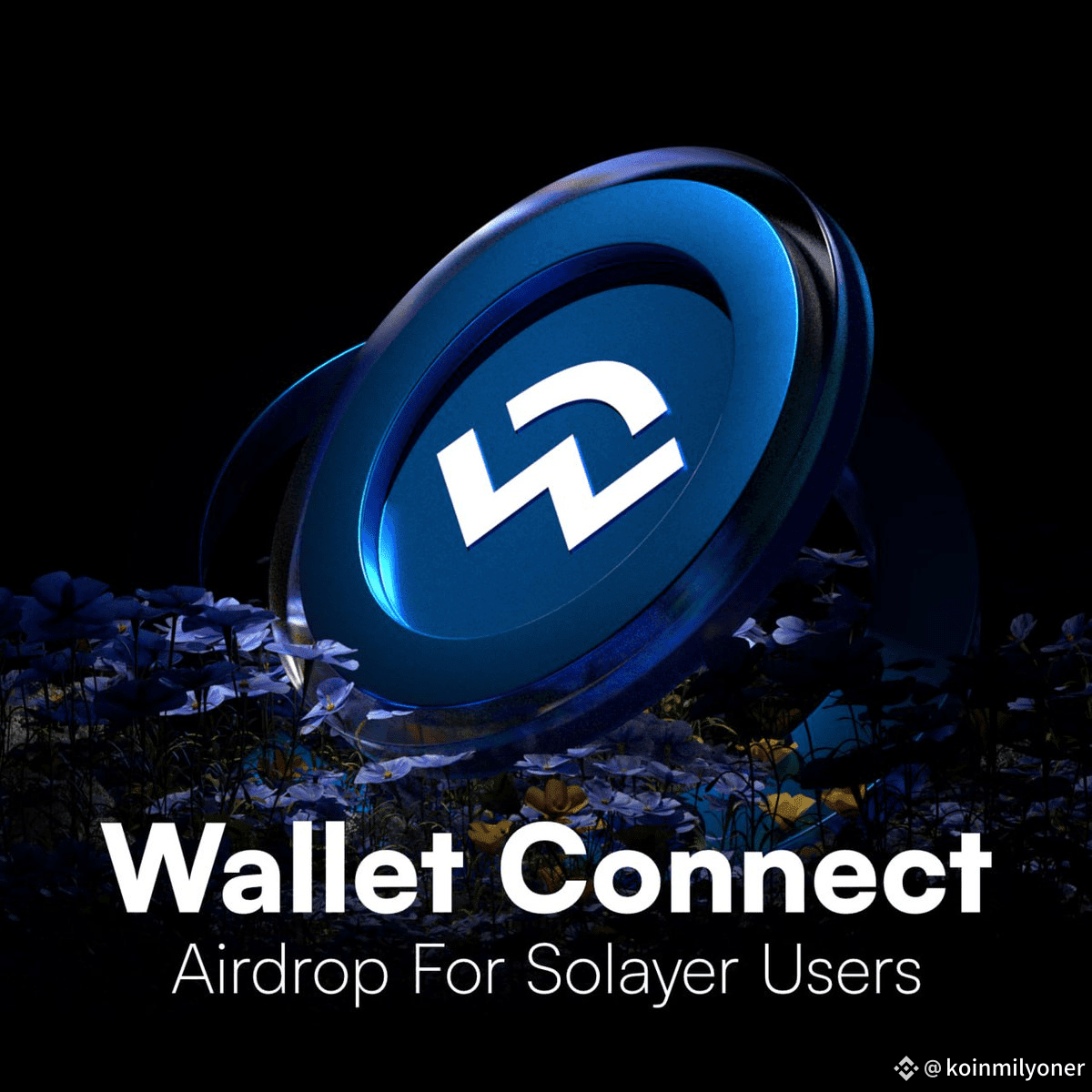In a Web3 world full of new ideas, excitement, and complexity, WalletConnect has quietly become the glue that keeps the decentralized ecosystem together. It came out in 2018 and is more than just a protocol; it's what makes hundreds of dApps and wallets easy to use.
WalletConnect is distinct from other wallet integrations since it works with any browser, is secure, and doesn't rely on a certain chain. It makes it easier for people to utilize decentralized applications. It's not only helping people connect; it's also transforming how Web3 feels.

WalletConnect can now connect to over 600 wallets and 65,000 dApps. That indicates that 300 million times, more than 48 million people are connected to each other. But what makes it truly special is what's coming next: the WCT token will operate a network that isn't controlled by any one person.
At first, wallets required individuals to submit information, browser plugins, or centralized APIs to connect. WalletConnect makes things simpler and safer for those who use their phones by utilizing a QR code and a secure connection. It works with all blockchains, such Ethereum, Solana, and a rollup on Optimism.
The WalletConnect Token (WCT) makes it possible for the protocol to do more than merely connect. People who are part of the ecosystem should use WCT to vote, stake, and provide rewards. This dual-chain deployment, which started on Optimism and Solana, illustrates how the protocol should function on more than one chain.
It's remarkable that WCT is genuine and is being used to make the network operate. People who own tokens help the network grow, developers get rewarded for their efforts, and as the network grows, customers enjoy a better experience. This currency is helpful in the actual world; it's not just a way to make money.
On the other side, older standards for wallet integration are centralized, don't change very often, and are only accessible in few ecosystems. WalletConnect alters that. It is open source, keeps your data safe, and was developed with developers in mind first. It doesn't follow you, save your keys, or force you to use just one browser or chain.
Security was built into the design from the start, not something that came up later. Encryption keeps all sessions safe from beginning to end. Your wallet always has your keys. That's why wallets like MetaMask, Trust Wallet, and Coinbase Wallet trust it.
WalletConnect has grown from a simple background protocol to a full-fledged decentralized infrastructure layer. The reason this is happening is because the WCT staking mechanisms and governance tools are being set up. WalletConnect is becoming the main way that people utilize Web3, much as TCP/IP powers the Internet without people knowing it.
The need for security and interoperability will only grow as additional chains, dApps, and users come online. WalletConnect is already in the thick of the storm, and $WCT is in charge.
WalletConnect fulfills its promises in a loud environment. Now since it's decentralized, it operates all the time and doesn't make any noise.


